
What is benign neonatal sleep myoclonus
Benign neonatal sleep myoclonus is a disorder commonly mistaken for seizures, especially by parents or caregivers. Seizures in newborn babies must always be taken seriously because they are the most common manifestations of neurological problems. Any movement that resembles a seizure is, understandably, a cause of great concern.
Neonatal sleep myoclonus is characterized by sudden jerks of the limbs, which usually look like seizures. These myoclonic jerks occur only during night or when the baby is sleeping. Even though they are benign and not associated with epilepsy, it is highly recommended to seek medical evaluation as soon as possible, in order to rule out seizures. Diagnostic testing performed on newborns with neonatal sleep myoclonus include neurophysiologic exams, brain scans and screening tests for infections.
Causes of benign neonatal sleep myoclonus
There are many potential causes of benign neonatal sleep myoclonus, arising from peripheral or central nervous system. Some experts believe that abnormal neurotransmission of serotonin plays a certain role, although not always and not in all the cases. There is not sufficient clinical data to confirm this theory.
Even though physical mechanisms of neonatal sleep myoclonus are well-understood, the science is yet to find out what exactly is causing this disorder. Many clinicians focus on sleep patterns and stages, believing the answer might be found there, especially considering that neonatal myoclonus becomes less frequent as the child gets older and his or her sleep patterns become more mature.
Benign neonatal sleep myoclonus is not the same thing as pathologic myoclonus of newborns. The fact that it is pathologic indicates the presence of a neurologic compromise and it is often associated with actual seizures or encephalopathy.
Diagnosis and treatment
Medical care for benign neonatal sleep myoclonus should initially consist of a precise and accurate diagnosis of the disorder which will spare the child of painful and unnecessary tests, such as spinal tap, blood exams, brain scans, which in most cases require hospital admission and cause a lot of stress and frustration for the baby and the parents.
Diagnosis can be reached faster if an otherwise healthy baby is closely monitored during night, for example through home-video monitoring systems. An experienced doctor will be able to diagnose benign neonatal sleep myoclonus basing only on that.
Basically, once seizures or other pathologies have been excluded, no specific treatment will be necessary. Medications are normally not administered for this disorder, however there were cases where the baby was given anticonvulsants because the disorder was mistaken for seizures.



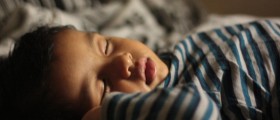
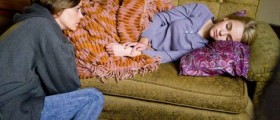
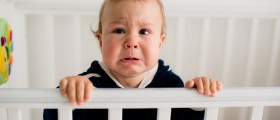



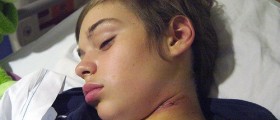
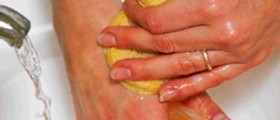

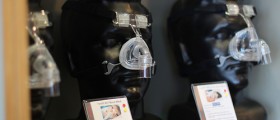
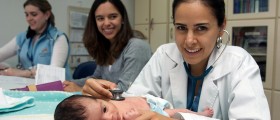

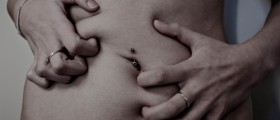

Your thoughts on this
Loading...